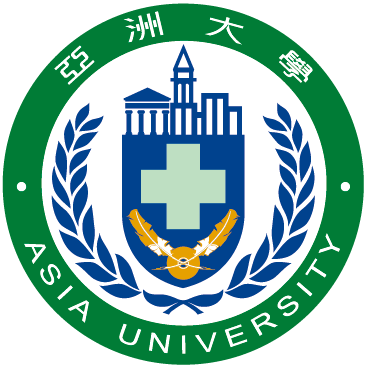
President Tsai says in an interview that AU’s Food Safety and Inspection Center won two National Innovation Awards in the technological innovation of detection chip and monitoring chip, and 3D Printing Medical Research Center won the award in National Innovation Award of Excellence with its technological breakthrough in a new development of artificial dermis. And the Joint research teams collaborated between Asia University and China Medical University won one award in the innovation for their research in how bio-fabricated chips are used for medical diagnosis in the patient-specific cancer-on-a-chip system.
The research team led by professor Yu-Cheng Chiang, Director of Food Safety and Inspection Center, won two awards with “Development and Application of Wireless Power Transfer and TTi (Temperature-Time indicator) Semiconductor Chip for Real-Time Food Safety Monitoring” and “Development and Application of Gene Probes, Primers and DNA Chips for the Probiotic and Pathogenic Bacteria.” And this year, collaborating with professor Ke-Horng Chen, the Center had an even better performance and won two more awards on the use of detection chips and monitoring chips in food safety inspection.
Last year, AU’s 3D Printing Medical Research Center won an award for “Innovative Cell Blocks for 3D Artificial Dermis Development,” and building upon upon last year’s experiences, the Center won this year’s award by using fibroblasts, combined with three-dimensional collagen, to produce new artificial dermis, which is remarkably close to the real skin. When it is applied to rats, the wounds can heal within two weeks with this artificial dermis and without leaving any scar contracture.
Professor Ta-Cheng Chen, Vice President of Asia University and also the key member of the 3D printing teams, says that his team works on the development of bio-fabricated cancer-on-a-chip system which aims to improve the effectiveness of medical prediction for cancer patients. He strongly believes that this cutting-edge innovative device can benefit more patients in need.





